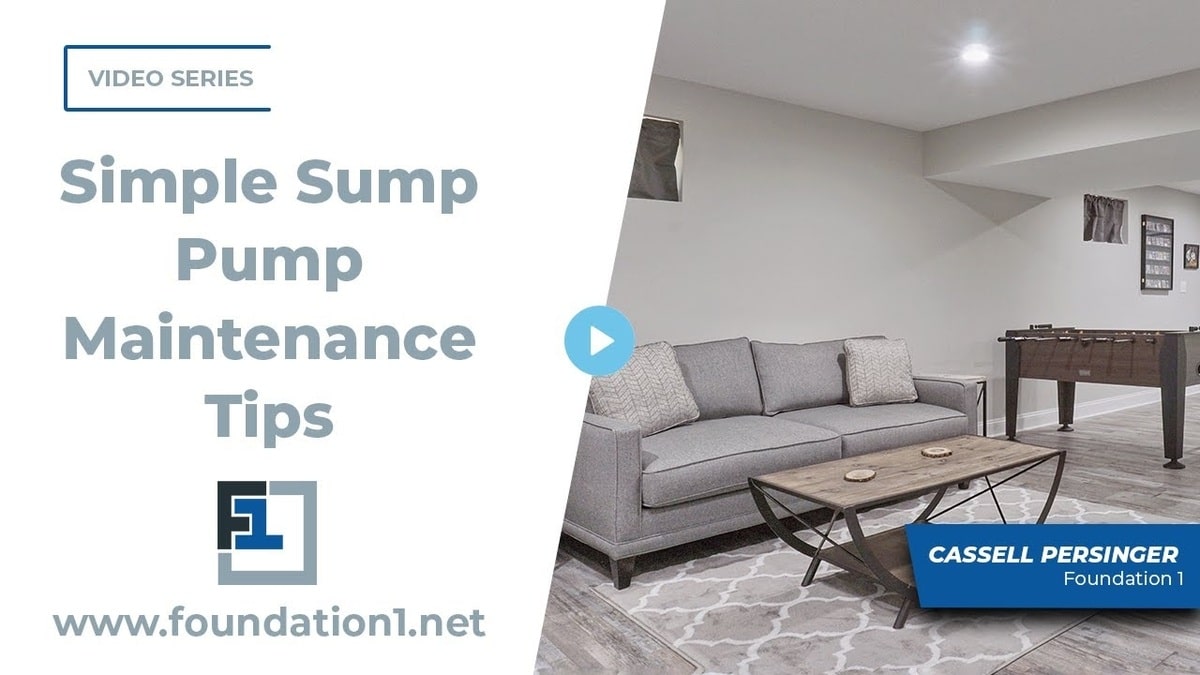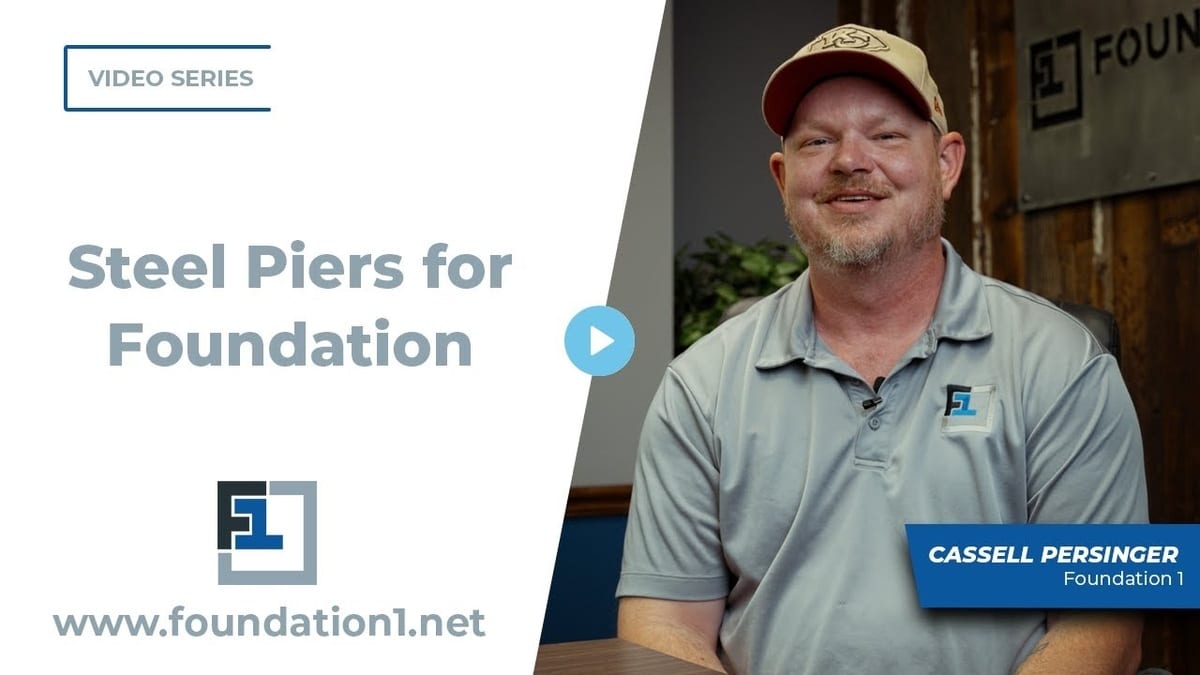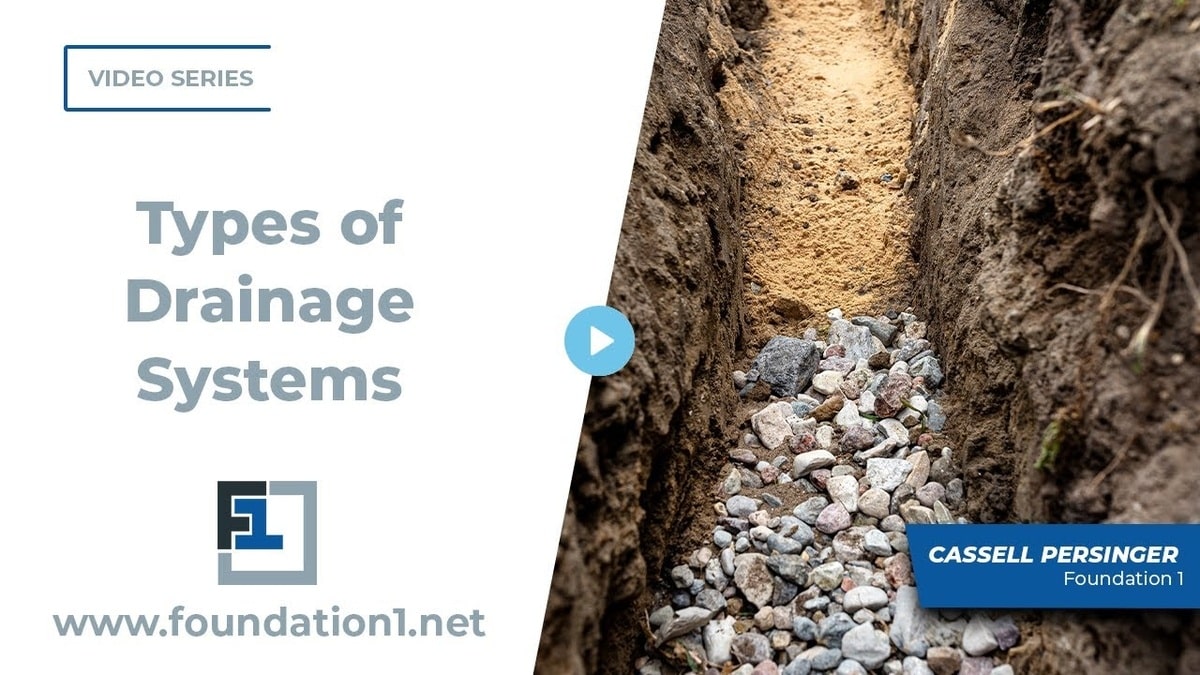Foundation settlement is a critical issue that can significantly impact the stability of your home. While a certain amount of settlement is natural as the house adjusts to its surroundings, it’s important to recognize when this process crosses the line into a serious concern. Knowing how much foundation settlement is too much can help you avoid costly repairs and ensure the long-term integrity of your home.
What Defines Excessive Foundation Settlement?
According to industry standards, foundation settlement becomes excessive when it exceeds 1 inch over 20 feet. This may not sound like much, but even a small deviation can lead to significant problems in your home’s structure. Excessive settlement can result in cracks in walls, uneven floors, and doors or windows that don’t close properly. The key is to catch these signs early before they lead to more serious damage.
Foundation settlement occurs when the soil beneath a house can no longer support the weight of the structure. Over time, the ground may shift or compress, causing parts of the foundation to sink. While some settlement is inevitable, it’s crucial to know when it crosses the line into something that needs immediate attention.
Causes of Excessive Foundation Settlement
Several factors can contribute to excessive foundation settlement. Understanding these causes can help in both preventing and addressing the issue.
- Builder Quality and Materials: The quality of the materials used in construction plays a significant role in how well a foundation holds up over time. If subpar concrete or other materials are used, the foundation may not have the necessary tensile strength, leading to early settlement issues.
- Water and Drainage Issues: Poor drainage around your home can lead to water pooling around the foundation. Over time, this excess moisture can weaken the soil, causing it to shift and compress. Proper grading and drainage systems are essential to prevent water from compromising the integrity of the foundation.
- Maintenance and Property Care: Regular maintenance of the property is crucial in preventing foundation settlement. Neglecting to address minor issues, such as cracks in the foundation or poor drainage, can lead to more significant problems down the line.
- Pre-Construction Measures: Ideally, steps should be taken during the construction phase to prevent foundation settlement. Pre-construction piers and waterproofing are highly recommended as they provide additional support and protection, ensuring the longevity of the foundation.
Prevention Measures and Builder Mistakes
In a perfect world, every home would be built with the highest standards and materials, preventing foundation issues from ever arising. However, the reality is that corners are often cut during construction, leading to problems that manifest years later. Some common mistakes include:
- Improper Concrete Mix: The tensile strength of the concrete used in the foundation is crucial. If the wrong mix is used, the foundation may not be strong enough to support the house, leading to settlement.
- Inadequate Drainage and Grading: Builders may neglect proper grading around the foundation, allowing water to pool and weaken the soil. This oversight can significantly increase the risk of settlement.
- Poor Craftsmanship: Unfortunately, not all builders take the necessary care during construction. When builders focus on appearance rather than structural integrity, it’s the homeowners who end up paying the price later.
Signs of Foundation Problems
Identifying foundation settlement early can save you from expensive repairs. There are several signs that can indicate your foundation is settling too much:
- Visible Cracks: Cracks in walls, especially around doors and windows, are often the first signs of settlement. Rule of thumb is that materials like mortar, concrete, and stucco will crack when the foundation shifts.
- Reveal Lines: Look at the thresholds, door frames, and window frames. If you notice that these lines are uneven or that doors and windows are no longer fitting properly, it’s likely due to foundation movement.
- Floor Unevenness: If your floors are no longer level, or you notice that furniture is tilting, it could be a sign that the foundation is settling unevenly.
- Gaps Around Windows and Doors: As the foundation settles, you might notice gaps forming around windows and doors. This is often a sign that the structure is shifting and requires attention.
- Siding Issues: For homes with vinyl or composite siding, the signs of foundation settlement can be more hidden. However, if you notice the siding pulling away from the house or becoming uneven, it could be an indication of a deeper issue.
Hidden Signs and Homeowner Observations
As a homeowner, you spend more time in your home than anyone else, which means you’re in the best position to notice the subtle signs of foundation settlement. Pay attention to small changes over time. If cracks seem to be getting larger or new ones appear, it could be a sign that your foundation is settling too much. Homeowners often overlook these signs until they become too obvious to ignore.
However, catching them early can prevent more significant problems and more expensive repairs.
In Summary
Foundation settlement is a serious issue that requires careful monitoring and timely intervention. Excessive settlement, defined as more than 1 inch over 20 feet, can lead to major structural problems if left unchecked. The causes are often tied to builder quality, drainage issues, and a lack of proper maintenance. By keeping an eye out for the signs of settlement, such as cracks and uneven floors, you can address the issue before it becomes a bigger problem.
If you’re noticing any of these signs in your home, don’t hesitate to contact us. Our team of experts can assess the situation and provide the necessary solutions to ensure your home’s foundation remains stable and secure.




